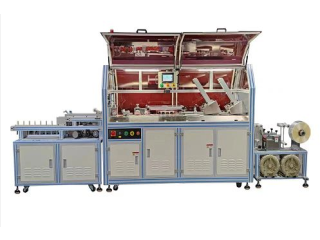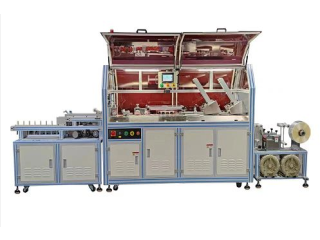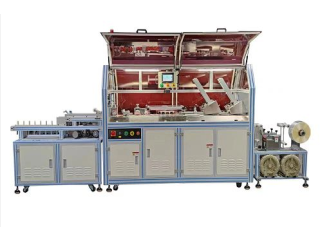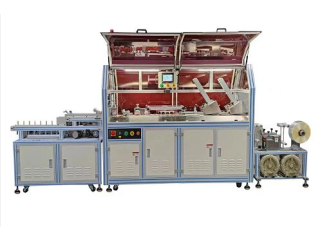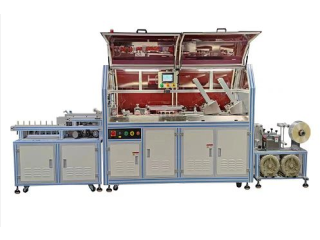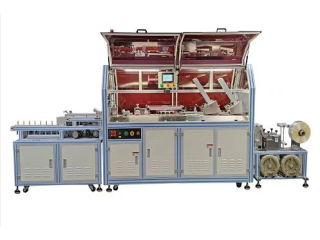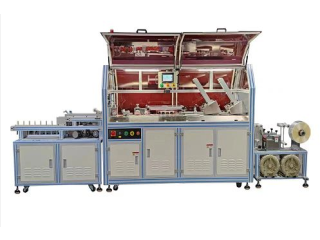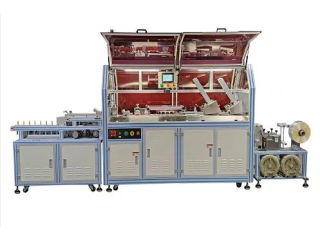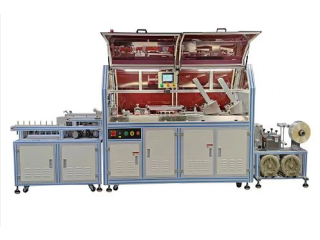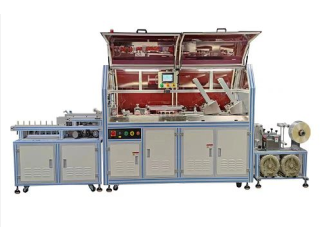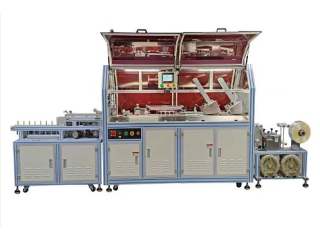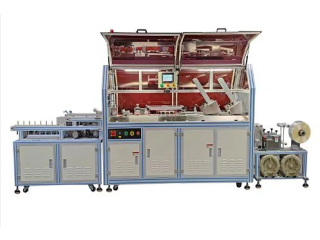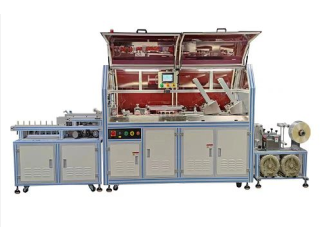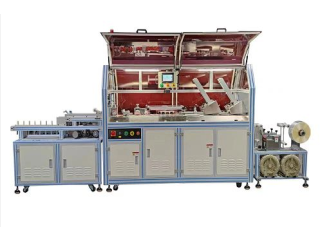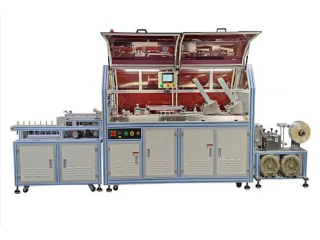Aid-tools
Jun 13th, 2022 at 08:03 Automobiles Battagram 165 viewsOver time, cars have become more modern and digital. Onboard electronics are becoming more versatile and the whole car seems to be more interconnected. Therefore more digital errors can occur, which can affect the condition and value of the car. For example, airbags may not work properly or there may be problems with the lights. Often we are not even aware of these errors. But in the worst-case scenario, a dangerous accident can occur. It can also happen that the life of the car is shortened by faults in the system, and repairs can cost a lot of money.
This can lead to a massive loss of value, which no car owner wants. That is why it is all the more important to invest money in a quality diagnostic device and to regularly carry out high-quality fault analysis. This can also be done by a trusted mechanic, but this is often very expensive. However, with a little bit of knowledge, commitment, and our tips you can certainly fix most of the error codes successfully. After installation, the diagnostic device goes to troubleshooting. For this purpose, the OBD2 scanner device is connected to the control units and the often ultra-modern on-board electronics. These continuously store data. This data is largely unimportant and often remains unchanged. However, some of this information is essential for your diagnostic device.
And you can use the car diagnostic tool, Truck Diagnostic Tools or Vehicle Diagnostic Tools at home. A car diagnostic tool also called an OBD scanner, is, as the name suggests, a car scanner that is a diagnostic scanner, also called Car Diagnostic Scanner, for your car. OBD stands for On-Board Diagnostics. The device is connected to the car via the so-called OBD port and an OBD cable (if needed).
If an error occurs in the system or the data does not work properly, the diagnostic device reads out an error code. Now all you have to do is determine the origin of the problem. To do this, you can look on the internet or use a guide to your vehicle. With very high-quality, thus also expensive, diagnostic devices, the error is sometimes displayed directly on the diagnostic device. With this information, you can decide whether you want to fix the error code yourself or let a professional do the job. Anyone who wants to take matters into their own hands can usually simply delete the error codes via the diagnostic device.
But beware! It can happen that a supposedly harmless error code has great significance for the car or that you delete all error codes right away. With most OBD diagnostic tools no backup is created and the step you have taken cannot be undone. This can cost you a lot of money. So if you’re not sure whether you should delete the code, or if you don’t have any clear tips on the web, you’d better head to your trusted mechanic. But you don't need to worry too much about these kinds of complications, as they are rare.


